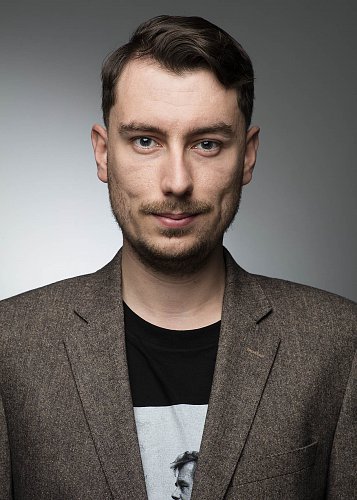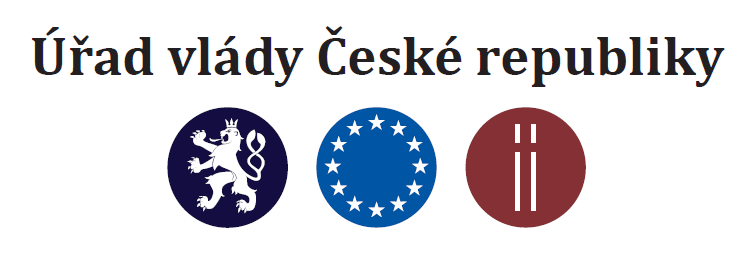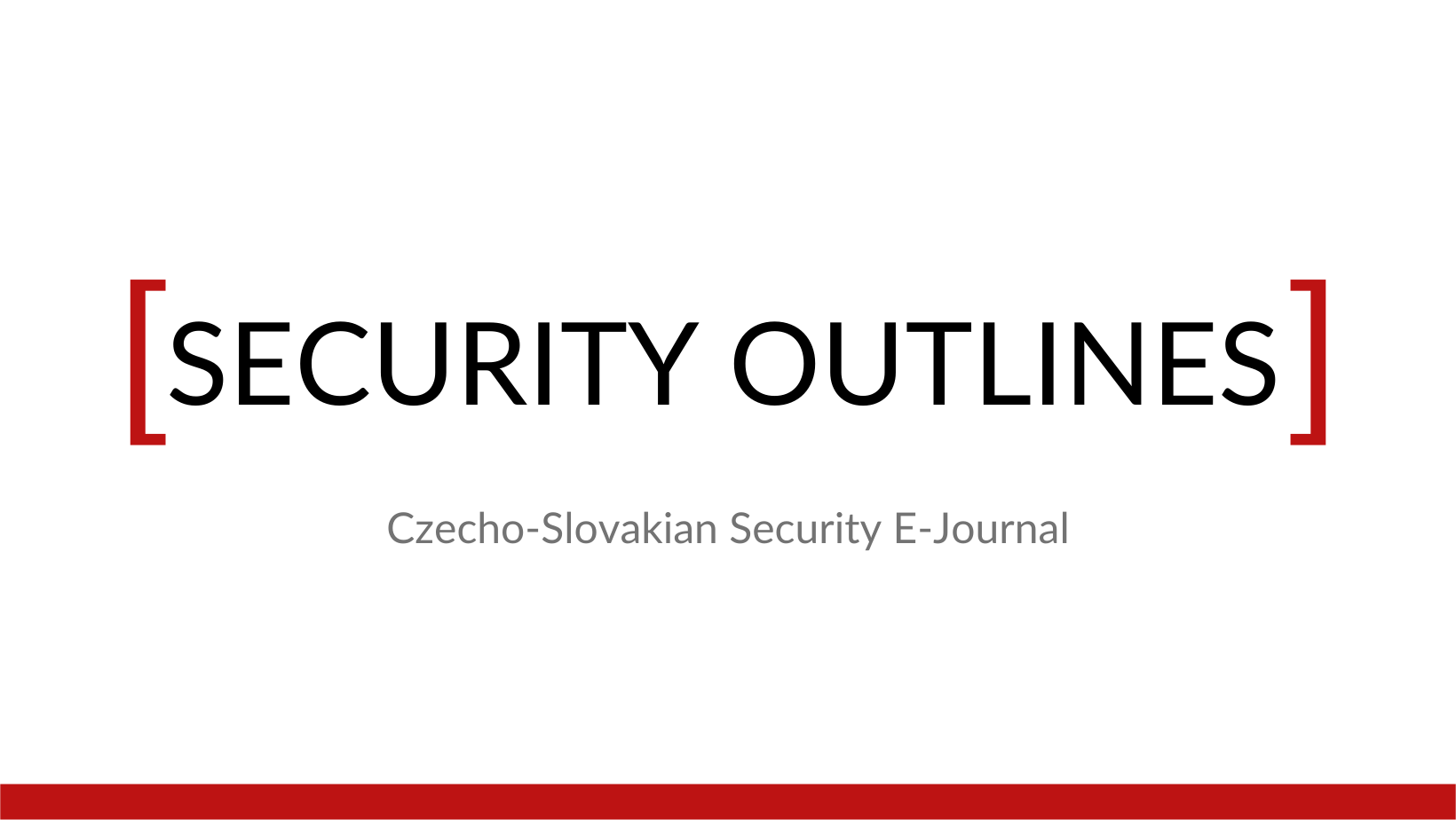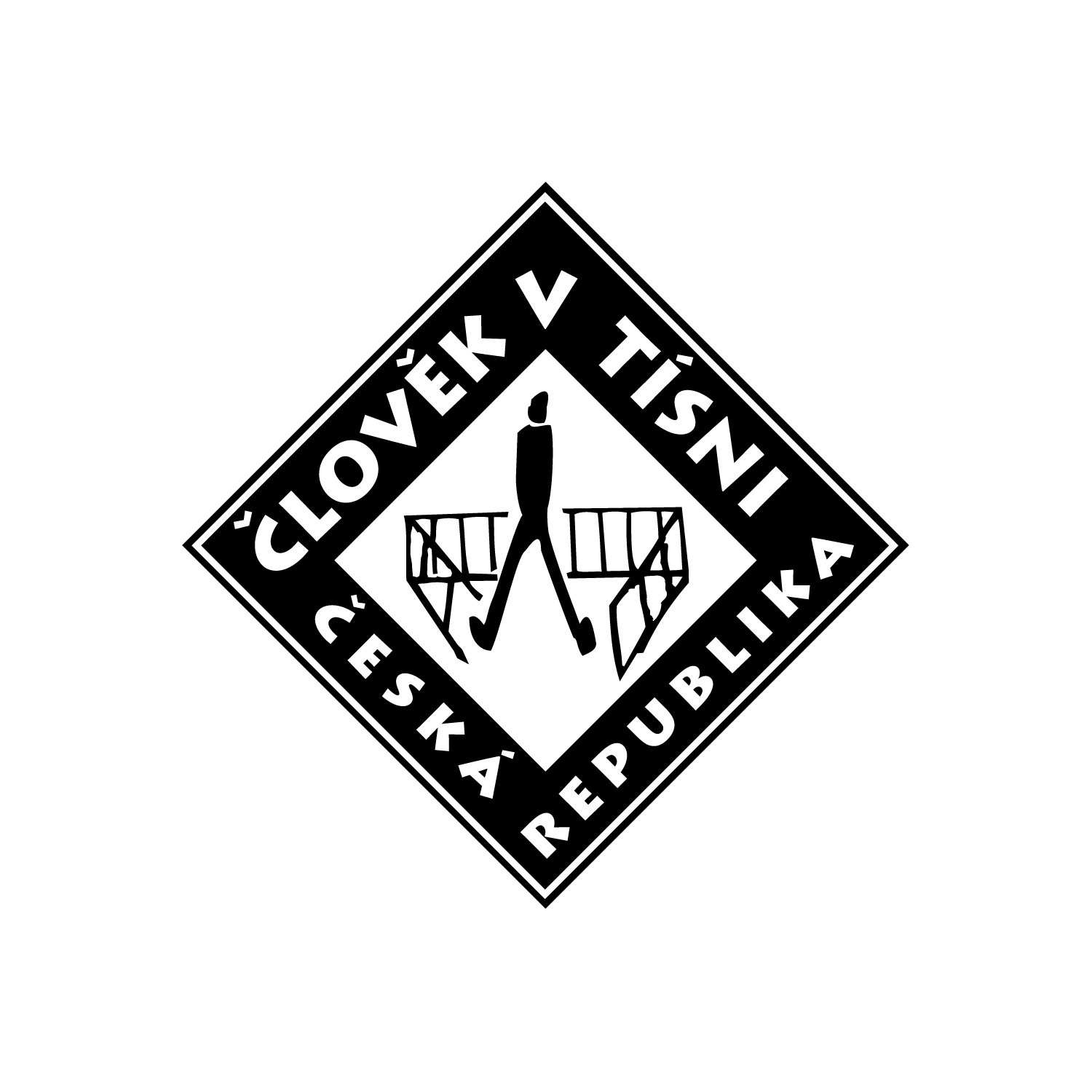Mgr. Kristián Földes, Ph.D.
Mgr. Kristián Földes, Ph.D.

Posts:
- Department of International Relations
E-mail: kristian.foldes@fsv.cuni.cz , kristian.foldes@fsv.cuni.cz
Telephone: +420 771 224 896
Rooms: No. C525, Jinonice, building C
ORCID ID: 0000-0003-4932-0788
Rok vydání
Monographs
Chapters in monographs
Articles
- Földes K. (2022). The "Hungarian Model" - the dialectical relationship of the Self and the Other on the background of the 2015 refugee crisis. Journal of Contemporary Central and Eastern Europe, 30(3), 435-453.
- Földes K. (2025). Speaking Europe, Shutting Doors: Legitimation of Exclusionary Migration Policies in Slovakia During the 2015 Schengen Crisis. Journal of Contemporary Central and Eastern Europe, 33(2), 403-423.
Contributions in the conference proceedings
Early Career Researcher Best Paper-In-Progress Award 2023 - Twenty-Ninth International Conference
of Europeanists on “Europe’s Past, Present, and Future: Utopias and Dystopias” (CES Conference 2023)
Introduction to Security Studies (Winter Semester)
Politický systém EU (Winter Semester)
Applied Qualitative Research Methods: Practical Approaches to Textual Analysis (Summer Semester)
Introduction to International Relations (Summer Semester)
Researching International Politics: Qualitative Methods (Summer Semester)
- Disinformation and Its Impact
- Propaganda: Methods and Consequences
- The Role of Social Media: Telegram, Facebook, Instagram
- International Migration: Trends and Challenges
- Constructing National Identity: Processes and Perspectives
- Differentiating Identities: Analyzing Self vs. Other
2020-2023 - Migration crisis in the European union : Preference formation and negotiation, funded by the Charles University Grant Agency (GA UK)
Qualitative content analysis: MAXQDA, NVivo, Atlas.ti
Critical Discourse Analysis
European Institutions
Theories of International Relations
My current research interest is in the intricacies of misinformation and disinformation, particularly their profound impact on the formation of social realities and the spread of so-called alternative truths. Methodologically, I conduct an in-depth qualitative analysis using tools such as qualitative content analysis (MAXQDA) and various Critical Discourse Analysis approaches. This rigorous methodological framework enables a nuanced examination of how information, or its absence, shapes societal narratives and perceptions.
Parallel to this, my doctoral studies, which were primarily focused the on so-called 2015 refugee crisis and its subsequent social ramifications in Central European countries, sparked a keen interest in related phenomena. This aspect of my research takes a constructivist and sociocognitive approach, providing a comprehensive understanding of the socio-political dynamics at work. My research in this area aims to dissect and comprehend the complex interplay between societal responses, cognitive processes, and policy-making in the context of major humanitarian crises.
Overall, my academic pursuits are defined by a strong desire to investigate the various ways in which information, societal cognition, and historical events intersect and influence contemporary socio-political landscapes.









